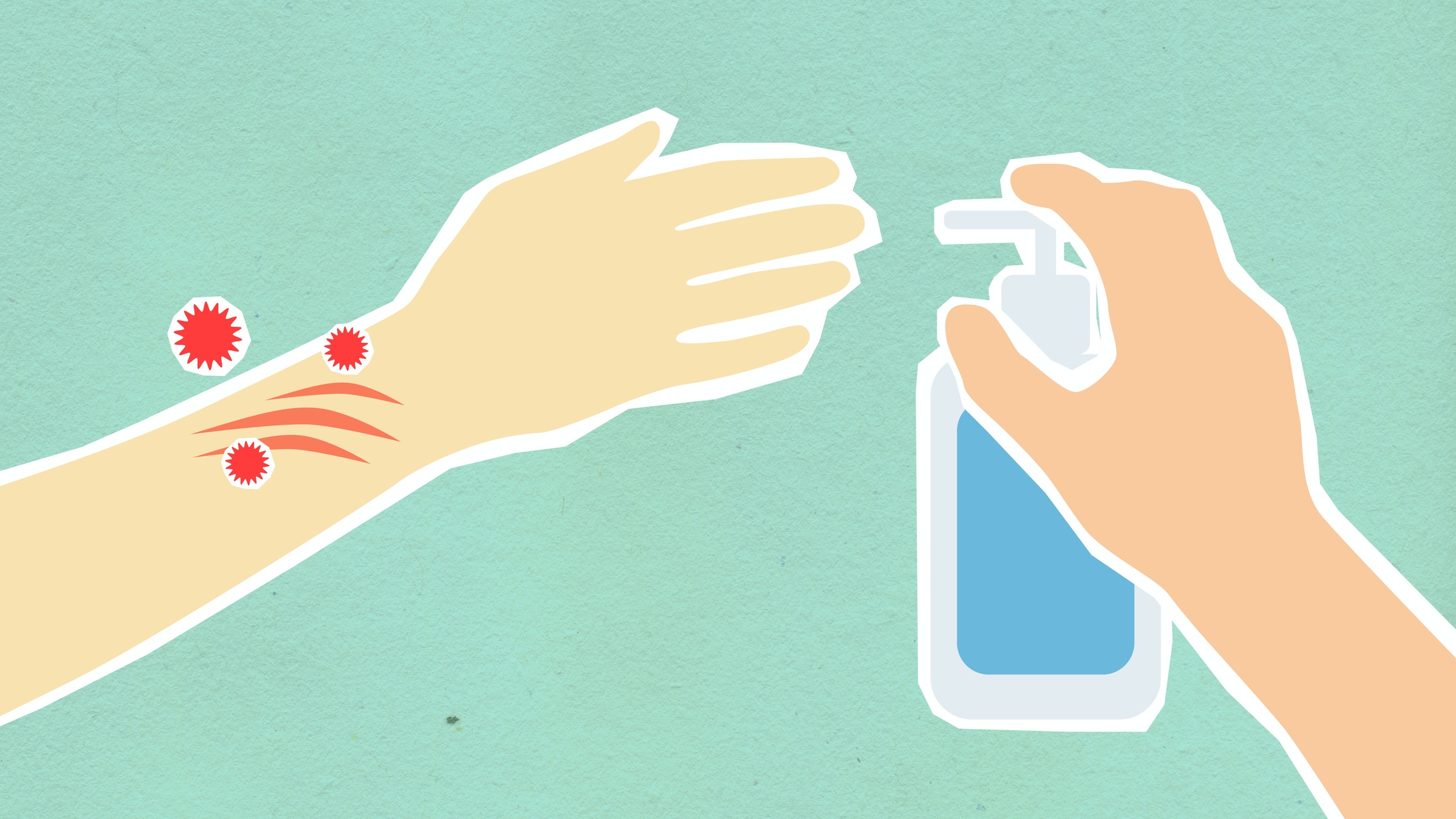Contamination OCD: Everything You Need To Know
Obsessive-Compulsive-Disorder is a health condition that can cause significant distress and disruption in day-to-day life. People with contamination OCD often engage in ritualistic behaviors to try to reduce their anxiety. This blog post will provide an overview of contamination OCD, its symptoms, causes, and treatments.
What Is Contamination OCD?
Contamination OCD is an anxiety disorder characterized by an excessive fear of germs, dirt, and other contaminants. People with contamination OCD may feel compelled to repeatedly wash their hands, clean surfaces, or even avoid people and places that they believe are contaminated. These behaviors are often extreme and cause significant distress. People with contamination OCD may have difficulty distinguishing between real danger and perceived danger. It can be difficult for someone with contamination OCD to accept that their beliefs about contamination may not be accurate or rational.
The difference between contamination OCD and germaphobia
At first glance, contamination OCD and germaphobia may appear similar, however, there are a few key differences between the two conditions. Germaphobia is primarily a fear of germs, whereas contamination OCD involves a fear of contamination from non-germ sources as well. In addition, someone with contamination OCD will often feel the need to take extreme measures to clean or sanitize things in order to reduce their risk of being exposed to contamination. Someone with germaphobia, on the other hand, will typically try to avoid contact with germs altogether.
Causes Of Contamination OCD
There is no definitive answer as to what causes contamination OCD, however, many factors such as genetics, biology, environmental stressors, and life experiences have been suggested as potential contributors. Genetics may play a role in the development of OCD, as research suggests that family members of those with OCD may be more likely to experience similar symptoms. Additionally, certain brain structures may be associated with the development of OCD, as people with the disorder tend to have less grey matter volume in certain areas of the brain.
Environmental stressors, such as trauma or difficult life events, may also be connected to contamination OCD. If someone has experienced a traumatic event in which they felt unclean or exposed to bacteria or dirt, it’s possible that this could lead to a heightened fear of contamination.

Symptoms Of Contamination OCD
People with contamination OCD may worry about becoming ill due to exposure to germs, or they may worry that they will spread germs to others. They may also worry about touching things that could be contaminated, and may wash their hands excessively in order to reduce their anxiety. Other common symptoms include avoiding situations that could expose them to possible contamination, such as public restrooms or public transportation, or avoiding contact with certain people who may have been exposed to contaminants.
Treat Contamination OCD
CBT can be helpful for contamination OCD. Through this cognitive therapy, individuals learn to challenge their irrational thoughts and replace them with more realistic thoughts and behaviors. Exposure therapy can also be used to reduce the fear and anxiety associated with contamination OCD by gradually exposing the individual to the feared object or situation while they practice relaxation techniques.
So, that is everything you need to know about Contamination OCD.



